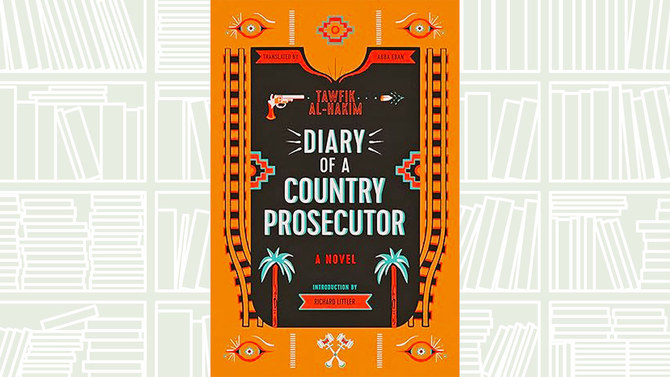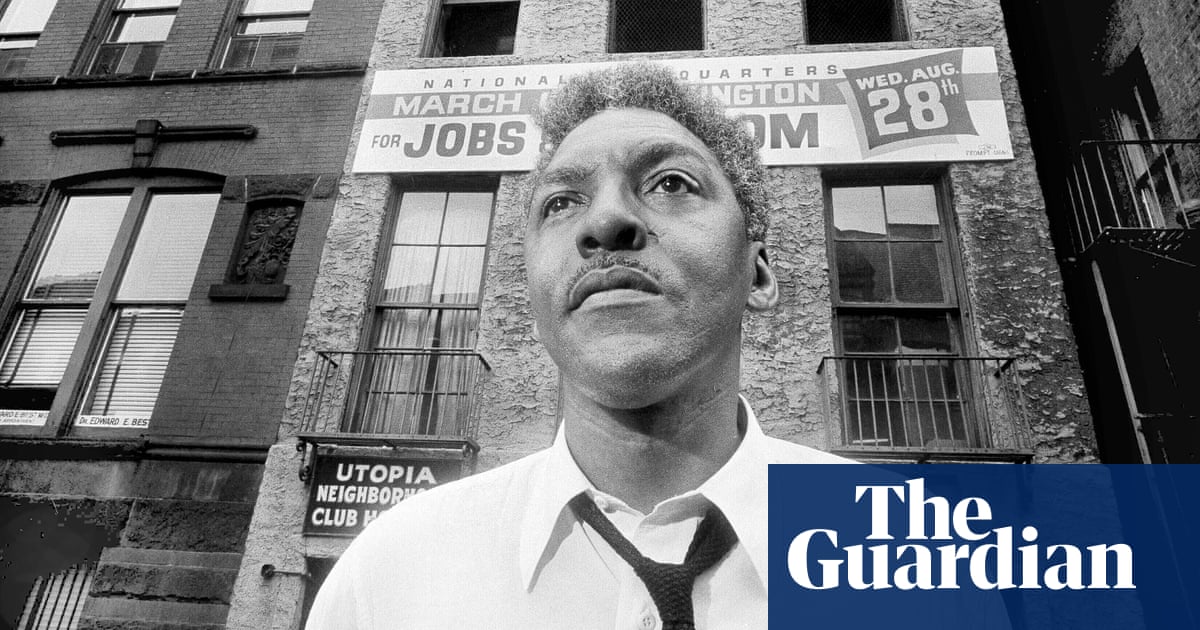
his playfully provocative and ingenious rape-revenge satire is about a society that thinks what a shame it would be if the career of a promising young man were ruined over some alleged incident in which both parties were probably drunk.
Writer-director Emerald Fennell (a showrunner for TV’s Killing Eve) lands a stiletto jab with her feature debut, and Carey Mulligan is demurely brilliant as the appropriately named Cassandra. She is a med-school dropout and emotionally wounded sociopath who lives at home with her parents and spends her evenings in clubs, pretending to be falling-down drunk in order to entice predatory men to take her back to their place, each murmuring tender reassurances to the effect that he is a “nice guy”. Cassandra has a surprise in store for these men. Fennell and Mulligan show that she doesn’t need to take out a weapon – she needs only to produce her icy sobriety at the correct moment, to switch with exquisitely timed scariness into a unbefuddled character asking these nice guys what they are doing.
Of course, there could be some other retribution as well, some off-camera punishment to which the men will submit in return for Cassandra leaving them uninjured – and she keeps a mysteriously colour-coded scorecard in her childhood bedroom. It reminded me a bit of Takashi Miike’s subzero horror Audition, and yet also The Philadelphia Story, when Katharine Hepburn awakens hungover and amnesiac after her drunken evening with James Stewart, and is told by him that nothing happened: “You were a little worse, or the better, for wine. And there are rules about that.” Are there?
Promising Young Woman has achieved new notoriety for an apology Variety magazine recently ran for its review. I have written about my disagreements with that review but also my belief in what I’d thought was obvious: the critic should be allowed to express an opinion. Should critics be allowed comment on personal appearance in this way: yes, and not merely because a vast amount of effort goes into creating these visuals. The point here is that what Cassie looks like – and what men think is therefore an appropriate way to treat her – is at the heart of its story and its toxic nightmare.
Cassie’s dangerous vocation is there to make everyone in the audience feel uncomfortable indeed – to trigger a convulsion of #NotAllMen indignation, to make its audiences feel those queasy scruples about entrapment. And the nervy thought: wait, surely there are genuinely nice guys out there, guys who would merely want to see such a person safely home, guys who might now have to leave such a victim to her fate because they don’t want to risk looking like a predator, because of … well, because of this very film?
This is part of Cassandra’s nihilist malice. She is the dark avenger unconcerned with fairness, who may in fact induce her victim to attempt nice-guy sexual assault for the first time in his life. But she has revealed what was possible.
The story proceeds in twist and turns and switchbacks; Mulligan is great at showing when Cassandra is in control of the situation and when she isn’t – and Anthony Willis’s ruthlessly effective musical score underlines both the horror and the sadness. (Incidentally, the film sent me back to Kristen Roupenian’s skin-crawling story The Good Guy.) It is a tightly constructed, well-worked screenplay by Fennell, who appears in cameo as a cosmetics YouTuber giving tutorials in how to achieve blowjob lips. Mulligan has some great scenes – the most excruciating being when, for reasons not immediately obvious, she tries tempting a teenage girl into her car. I was on the edge of my seat for this, and so much else. The promise of fear is fulfilled.












